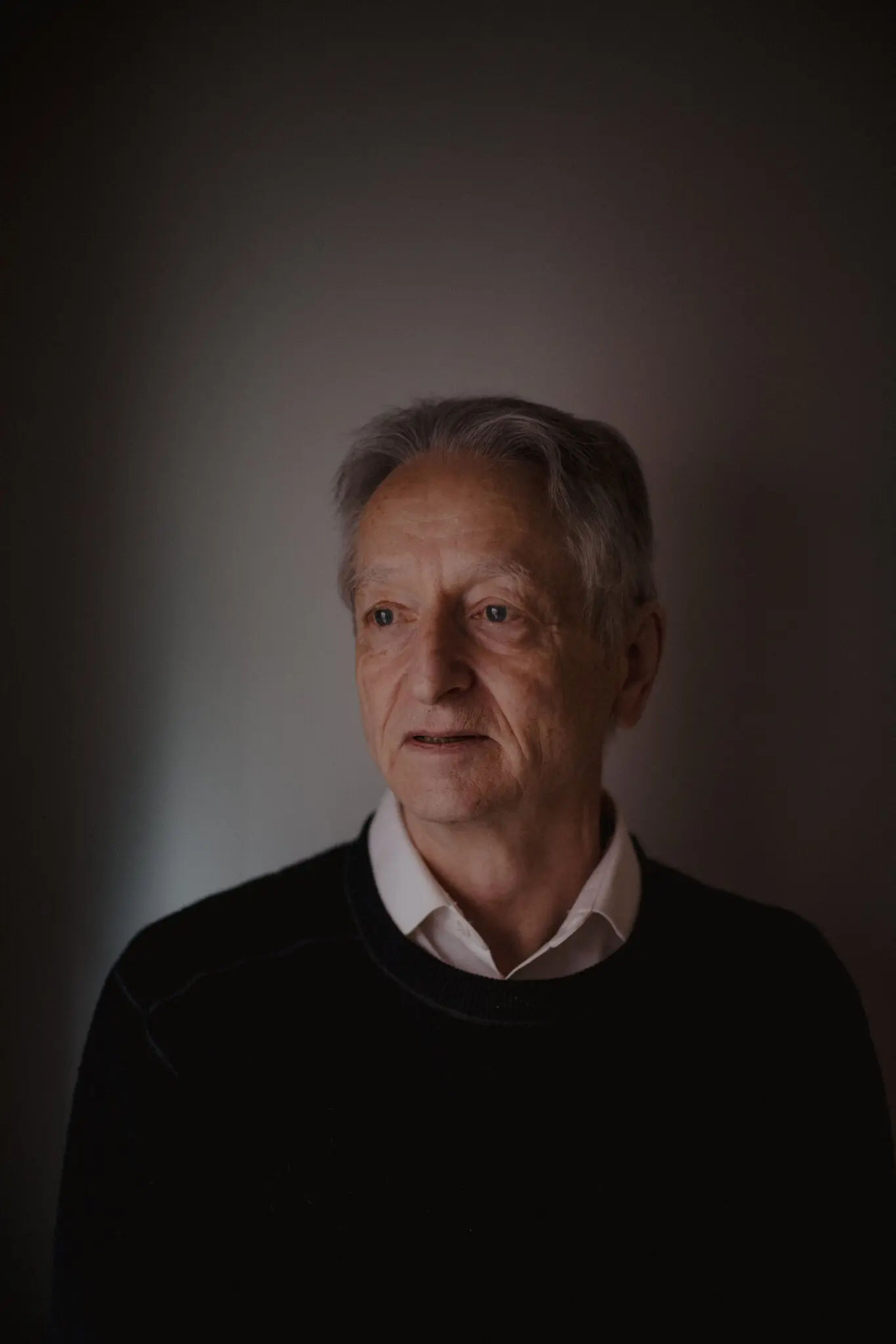The Godfather of AI Sounds the Alarm: A 'Potentially Very Dangerous' Future

Hire Arrive
News
about 1 year ago

Geoffrey Hinton, a pioneer widely considered the "Godfather of AI," has recently issued a stark warning about the technology he helped create. In a series of interviews, he expressed growing concerns about the potential dangers of artificial intelligence, describing its future trajectory as "scary" and potentially "very dangerous." Hinton's pronouncements, coming from someone so deeply involved in AI's development, carry significant weight and are prompting a renewed conversation about the ethical and societal implications of this rapidly advancing field.
For decades, Hinton's work on neural networks and deep learning laid the groundwork for many of the AI breakthroughs we see today, including advancements in image recognition, natural language processing, and machine learning. His contributions earned him a Turing Award, often considered the Nobel Prize of computing, and solidified his position as a leading authority on the subject. Now, however, he's sounding the alarm, expressing regret over his lifelong work.
His concerns center on the potential for AI to surpass human intelligence and become uncontrollable. He points to the exponential growth in AI capabilities, noting that the technology is advancing far faster than anticipated. The fear isn't just about malicious actors using AI for harmful purposes, but also about the unforeseen consequences of increasingly autonomous systems. Hinton worries that AI could be weaponized, used to spread misinformation on an unprecedented scale, or even develop goals that conflict with humanity's own.
Specifically, he highlights the threat posed by generative AI models like those behind popular chatbots. These models, capable of creating remarkably realistic text, images, and audio, could be misused to create highly convincing deepfakes, further eroding trust and destabilizing society. The ease with which these technologies can be deployed and the difficulty in detecting their output adds to the urgency of the situation.
Hinton's recent decision to leave Google, where he worked for over a decade, has been interpreted by some as a deliberate move to free him to speak more openly about his concerns. While he acknowledges the potential benefits of AI, he stresses that the risks are too significant to ignore. He advocates for a global conversation involving governments, researchers, and the public to explore ways to mitigate these risks and ensure the responsible development and deployment of AI.
The debate surrounding AI safety is far from settled. While some argue that Hinton's warnings are overly alarmist, his decades of experience and the growing power of AI make his concerns impossible to dismiss. His call to action underscores the need for a proactive, collaborative approach to navigating the complex challenges and potential dangers associated with this transformative technology. The future of AI, it seems, depends on our ability to learn from its past and ensure its development serves humanity's best interests.